Earlier this week, Dr. Samreen Ashraf from the MSI department in the Business School organized an introductory course session for Foundation University- Islamabad (Pakistan), one of our new international partners. This partnership aligns well with our international strategy and was formalized earlier this year, led by Dr. Samreen.
The session provided an overview of our top-up programs available to Foundation University’s students. The following colleagues presented information on their respective programs:
- Dr. Mehwish Mufti – BA (Hons) Business and Management (Top-Up) (Level 6)
- Dr. Duncan Light – BA (Hons) International Hospitality and Tourism Management (Top-Up) (Level 6)
- Dr. Frazer Ball – BA International Finance (Top-Up) (Level 6)
The session was well attended, with nearly 60 participants. We were also pleased to have Associate Professor Milena Bobeva, Head of International Partnerships at the Business School, and Dr. Suranjita Mukherjee, Head of the Accounting, Finance, and Economics Department, join the session to welcome the audience. BU’s Country Manager for Pakistan, Maryam Akhlaq, also shared insights about her role during the session.
We look forward to further discussions with Foundation University- Islamabad (Pakistan), to support their students and strengthen our collaboration in all relevant areas of education, research and professional practice.
If you want to learn more about this partnership and upcoming activities, feel free to get in touch at sashraf@bournemouth.ac.uk.
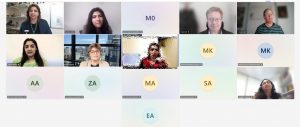
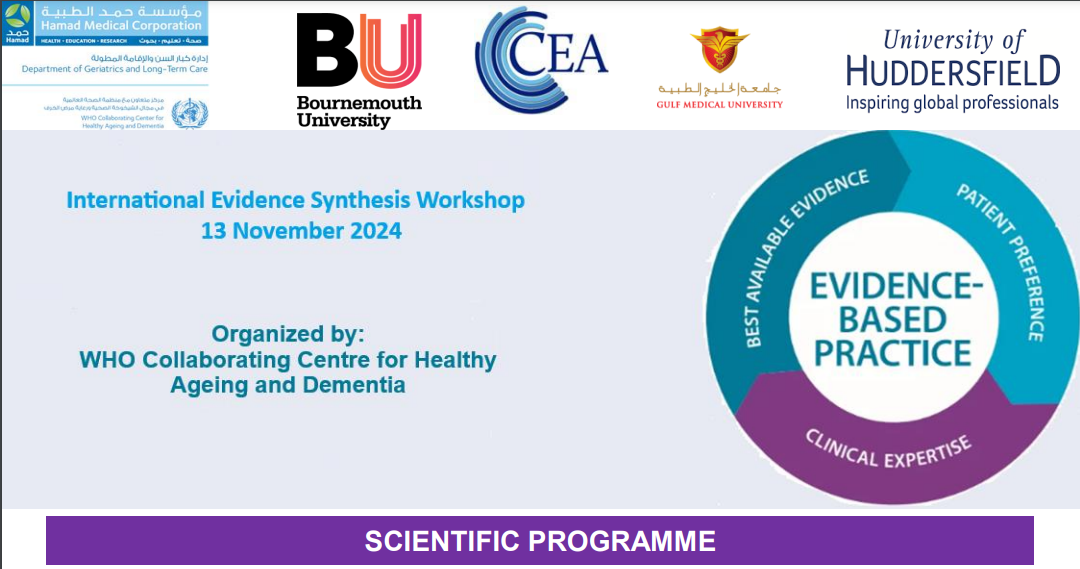 Early next week Prof. Edwin van Teijlingen from the Centre for Midwifery & Women’s Health (CMWH) has been invited to present online at the International Evidence Synthesis Workshop on November 13th in Qatar. His presentation will focus on key aspects of writing up systematic reviews. The workshop is organised by the WHO (World Health Organization) Collaborating Centre for Healthy Ageing and Dementia.
Early next week Prof. Edwin van Teijlingen from the Centre for Midwifery & Women’s Health (CMWH) has been invited to present online at the International Evidence Synthesis Workshop on November 13th in Qatar. His presentation will focus on key aspects of writing up systematic reviews. The workshop is organised by the WHO (World Health Organization) Collaborating Centre for Healthy Ageing and Dementia. 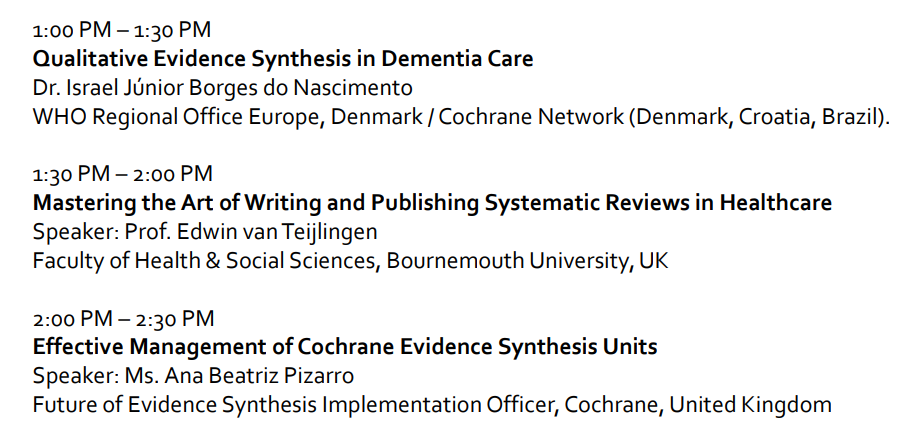
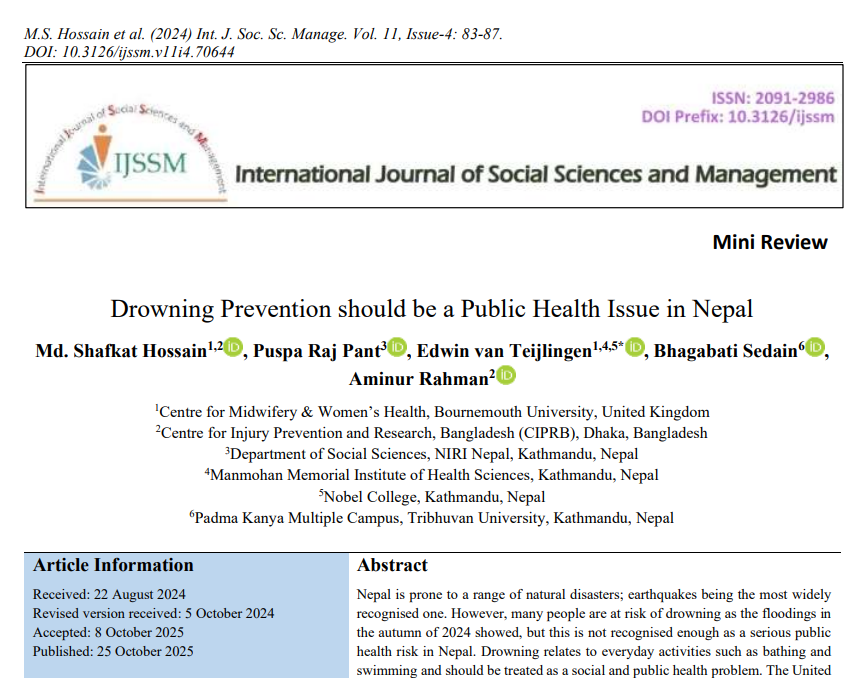
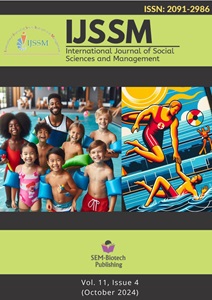






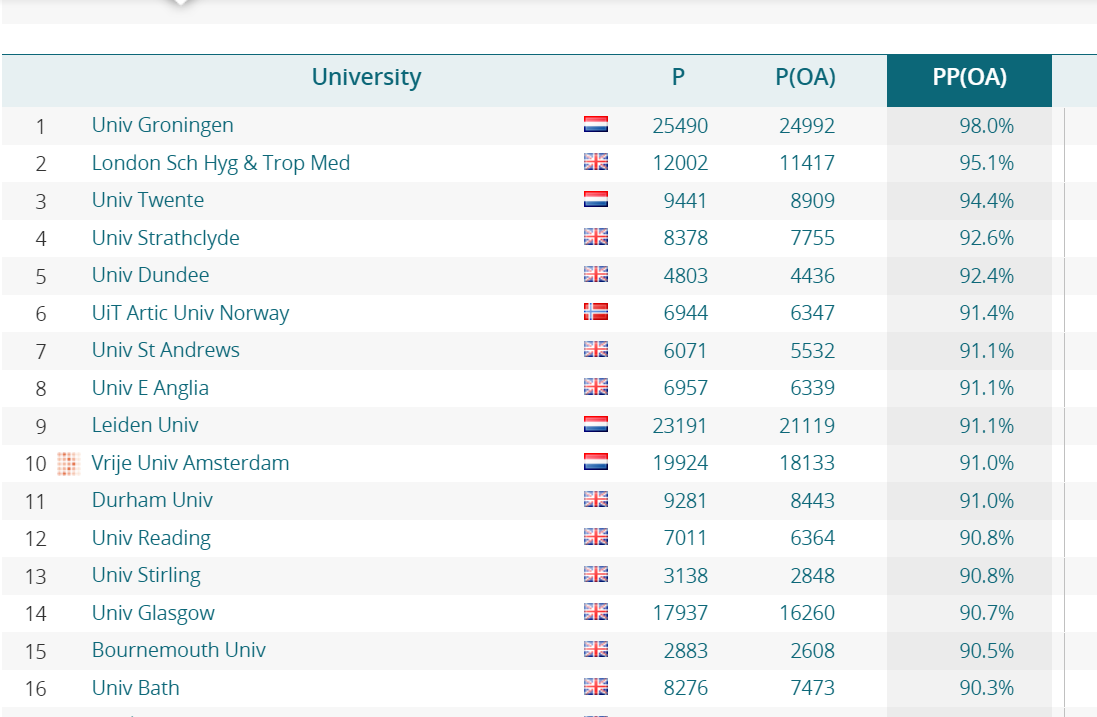
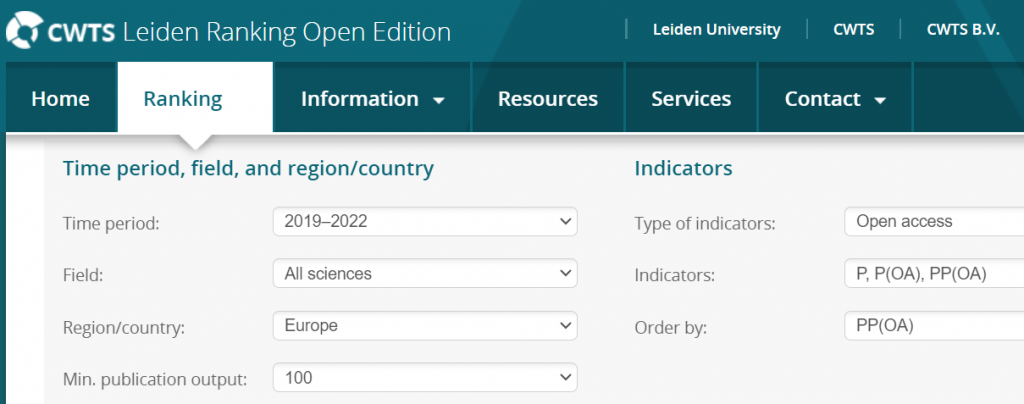

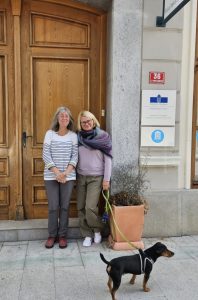
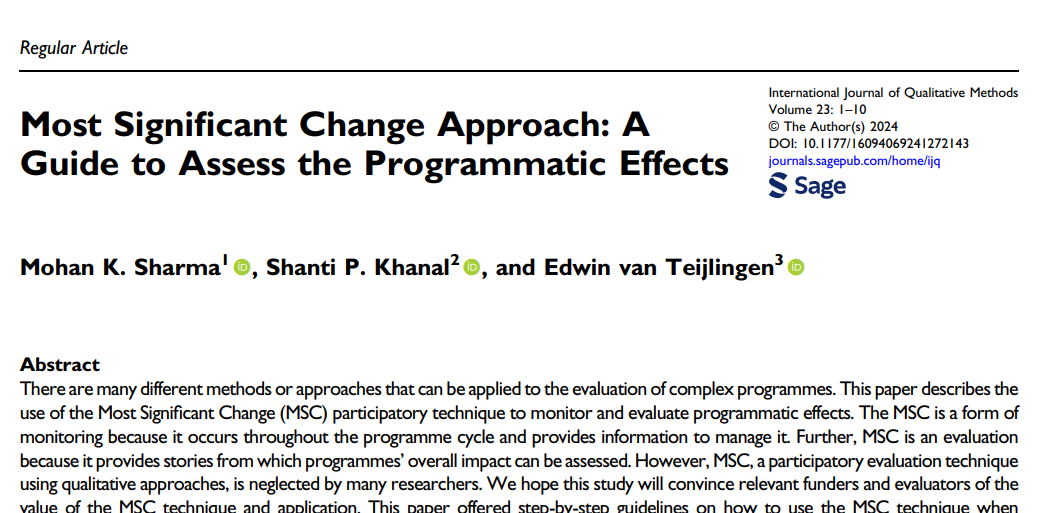
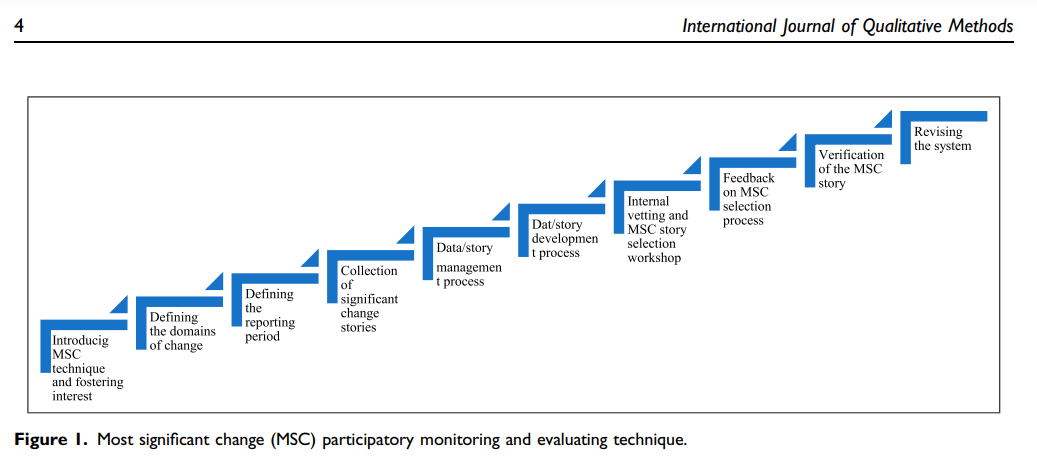

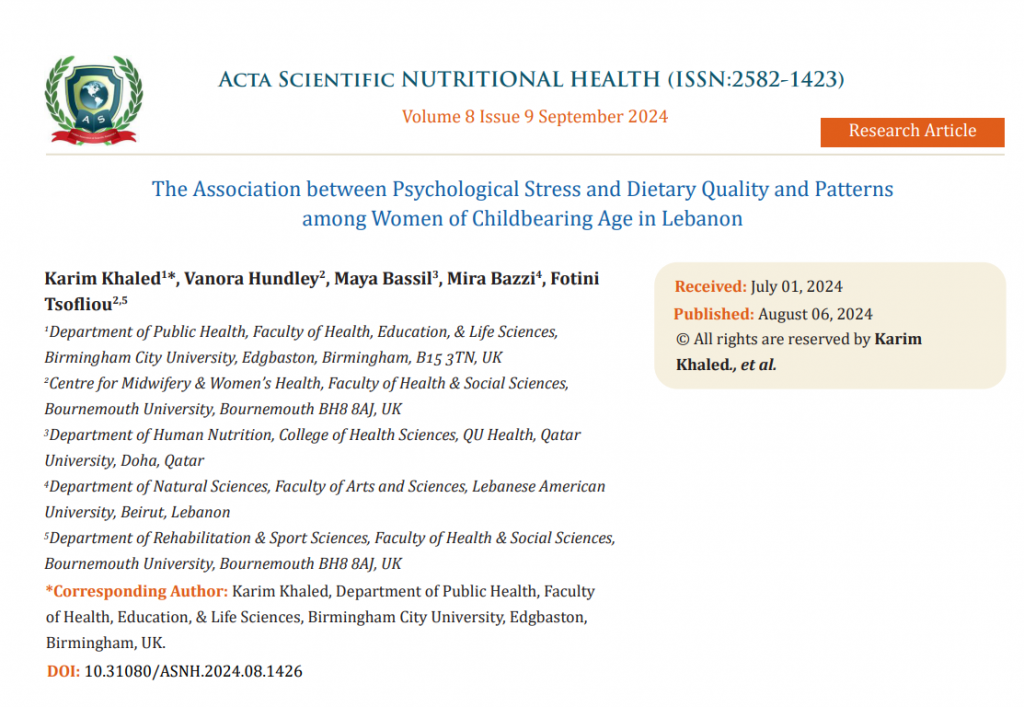
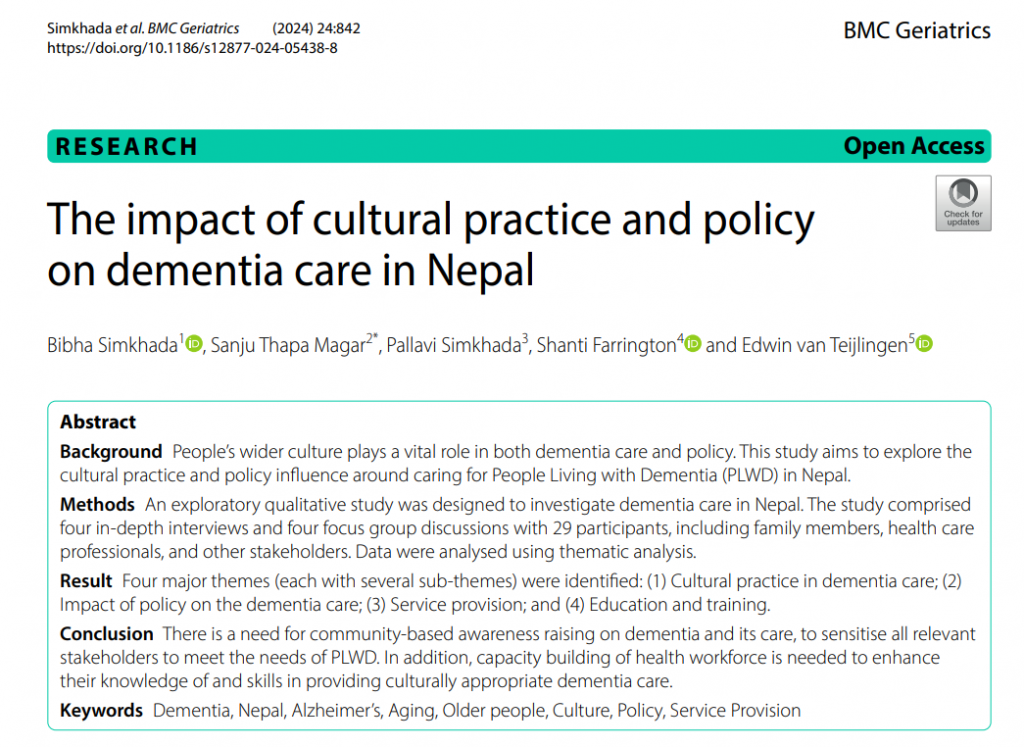

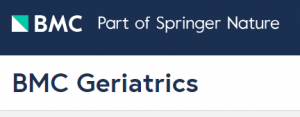
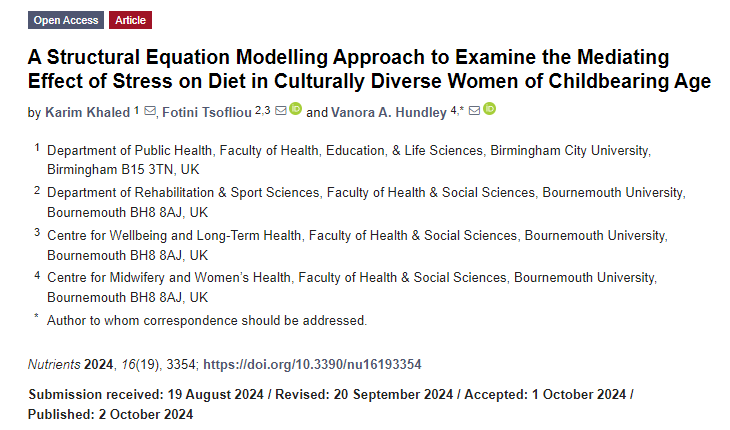
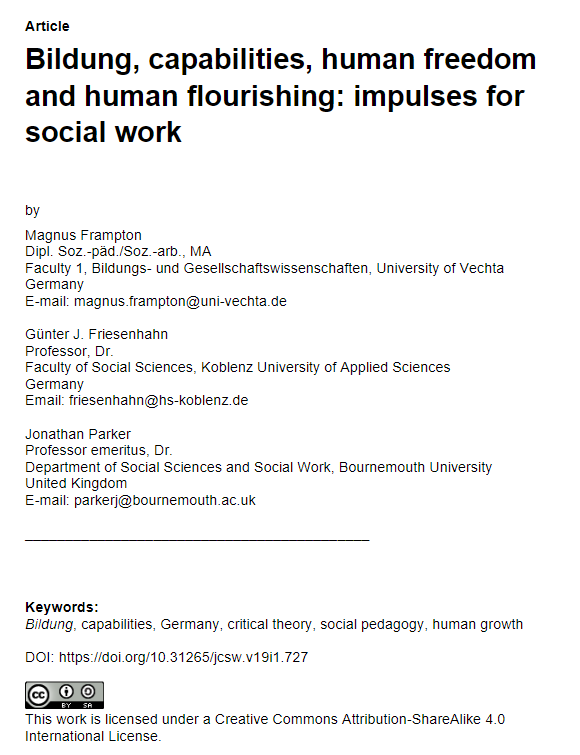
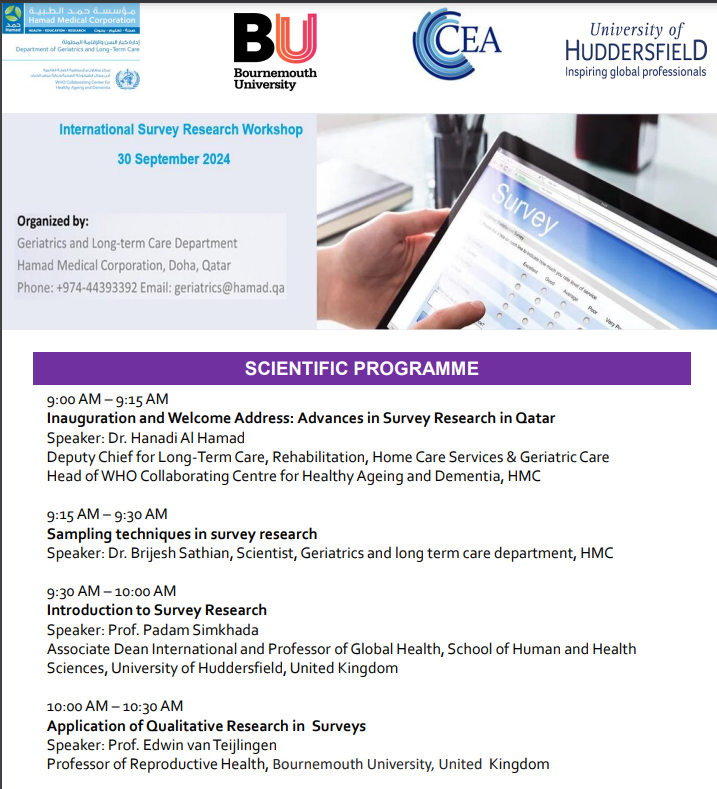
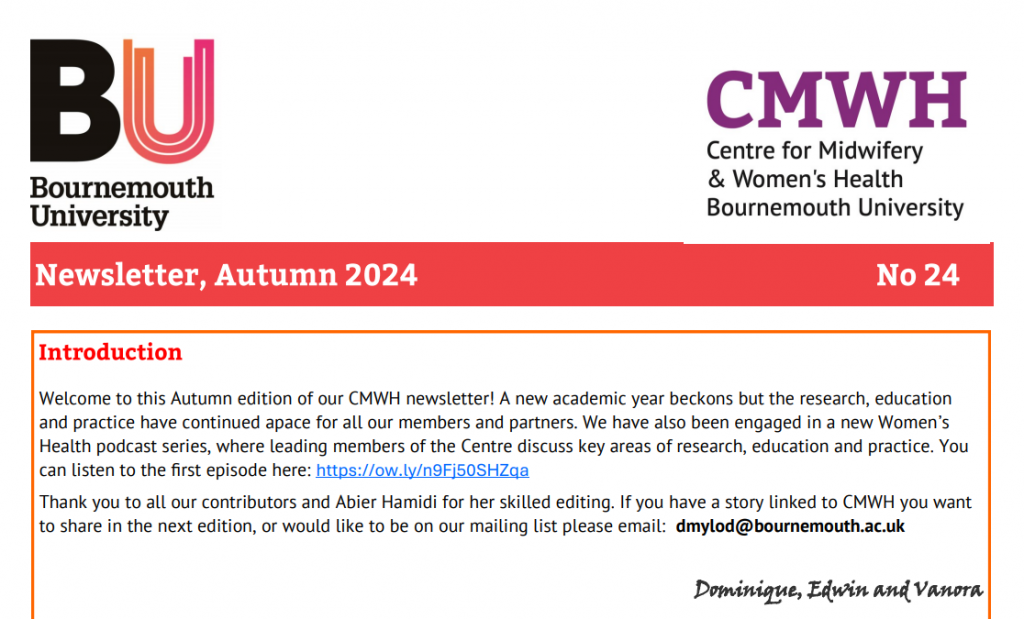 This edition includes news items and stories related the successes of CMWH staff and students. For example, about Drs. Dominique Mylod and Daisy Wiggins who both secured innovative NIHR funding for undergraduate student internships. Or about the recently awarded National Institute for Health and Care Research (NIHR) funding for ‘INSIGHT: Inspiring Students into Research’. This innovative three-year programme started this summer as part of the NIHR Academy’s portfolio of career support for health and social care professionals. The programme supports the NIHR aim to develop a highly skilled research workforce capable of advancing the best research which improves health and care, and benefits society and the economy.
This edition includes news items and stories related the successes of CMWH staff and students. For example, about Drs. Dominique Mylod and Daisy Wiggins who both secured innovative NIHR funding for undergraduate student internships. Or about the recently awarded National Institute for Health and Care Research (NIHR) funding for ‘INSIGHT: Inspiring Students into Research’. This innovative three-year programme started this summer as part of the NIHR Academy’s portfolio of career support for health and social care professionals. The programme supports the NIHR aim to develop a highly skilled research workforce capable of advancing the best research which improves health and care, and benefits society and the economy.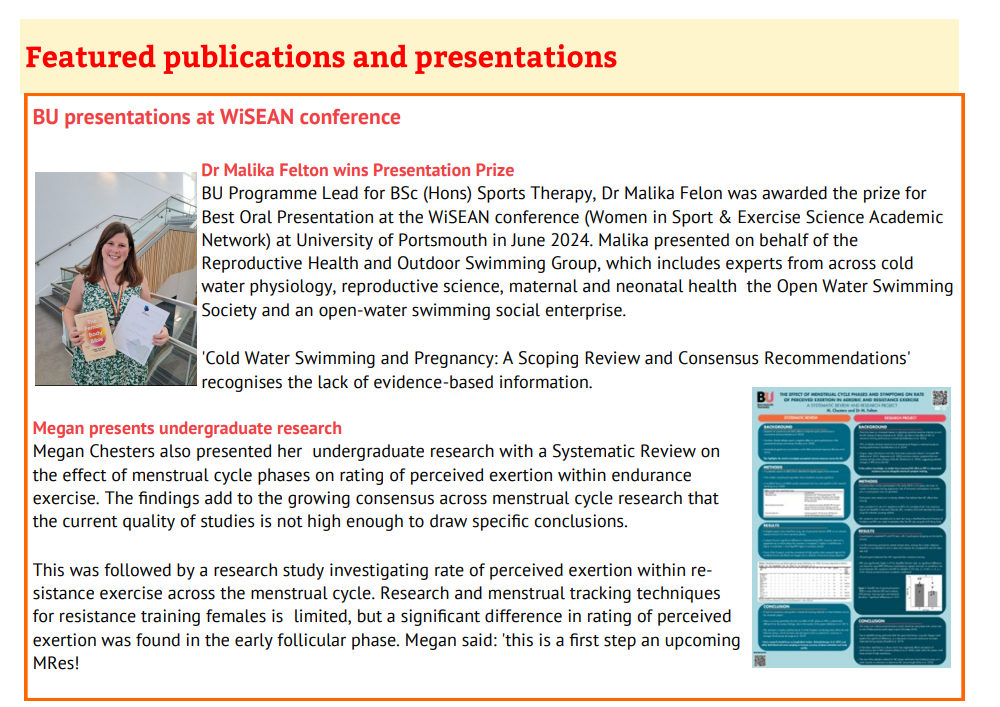
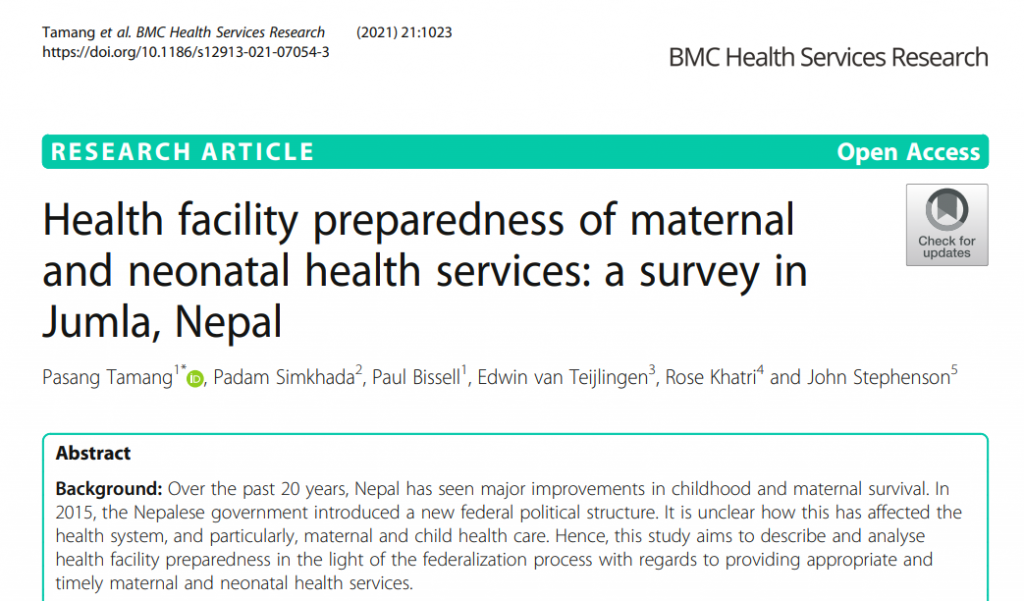

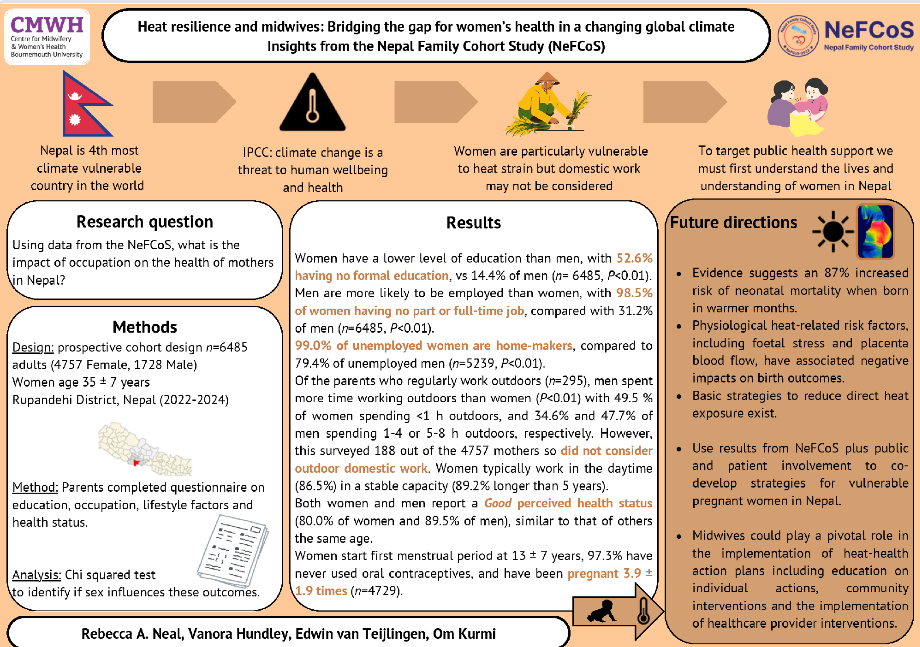

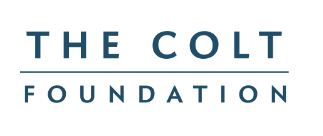











 Missing Persons Indicator Project Recruitment
Missing Persons Indicator Project Recruitment Celebrating our Research: Postgraduate Research Showcase 2026
Celebrating our Research: Postgraduate Research Showcase 2026 Nursing Research REF Impact in Nepal
Nursing Research REF Impact in Nepal Fourth INRC Symposium: From Clinical Applications to Neuro-Inspired Computation
Fourth INRC Symposium: From Clinical Applications to Neuro-Inspired Computation ESRC Festival of Social Science 2025 – Reflecting back and looking ahead to 2026
ESRC Festival of Social Science 2025 – Reflecting back and looking ahead to 2026 3C Event: Research Culture, Community & Cookies – Tuesday 13 January 10-11am
3C Event: Research Culture, Community & Cookies – Tuesday 13 January 10-11am ECR Funding Open Call: Research Culture & Community Grant – Application Deadline Friday 12 December
ECR Funding Open Call: Research Culture & Community Grant – Application Deadline Friday 12 December MSCA Postdoctoral Fellowships 2025 Call
MSCA Postdoctoral Fellowships 2025 Call ERC Advanced Grant 2025 Webinar
ERC Advanced Grant 2025 Webinar Horizon Europe Work Programme 2025 Published
Horizon Europe Work Programme 2025 Published Update on UKRO services
Update on UKRO services European research project exploring use of ‘virtual twins’ to better manage metabolic associated fatty liver disease
European research project exploring use of ‘virtual twins’ to better manage metabolic associated fatty liver disease